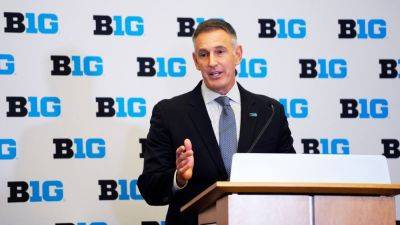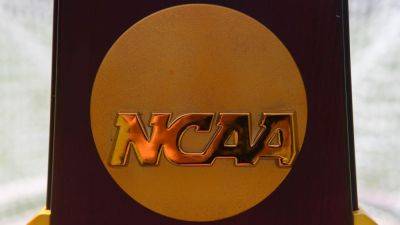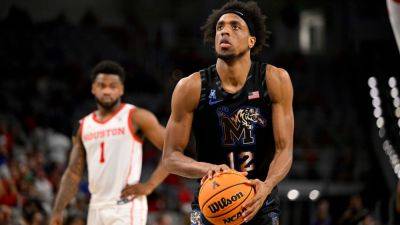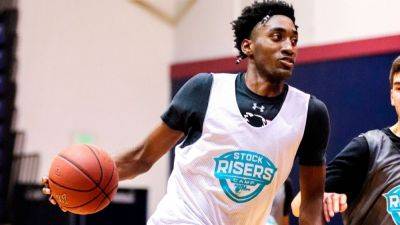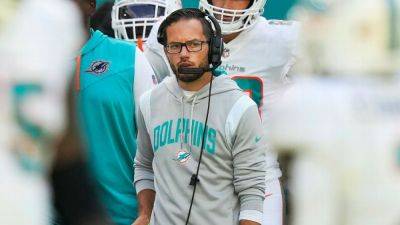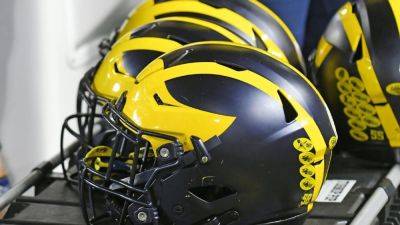NCAA focused on employment status of athletes at Senate hearing - ESPN
At a Senate hearing Wednesday, NCAA president Charlie Baker shifted the focus of college sports' need for federal legislation away from regulating how athletes can be compensated for their fame and toward the possibility of players being deemed employees of their schools.
Baker, Big Ten commissioner Tony Petitti and Notre Dame athletic director Jack Swarbrick were among the witnesses appearing in front of the House Judiciary Committee, the 10th hearing on college sports to be held on Capitol Hill since 2020.
Baker said in his opening statement that college sports are «overdue for change.»
«But I am proud to say we are doing something about that,» he said.
Baker, the former governor of Massachusetts, touted recent reforms by the NCAA, including more long-term health insurance for athletes, degree completion funds for up to 10 years and scholarship protections.
He also told the committee the NCAA was moving forward with its own regulations for name, image and likeness compensation deals for athletes.
Baker, his predecessor, Mark Emmert, and other college sports leaders have been lobbying Congress for help with a federal law to regulate NIL compensation since before the NCAA lifted its ban on NIL payments to athletes in 2021.
Several bills have been introduced or made public, including a few bipartisan efforts in recent months, but nothing has gained traction.
Meanwhile, legal threats have emerged that could force schools and conferences in the highest levels of NCAA competition into sharing their billions in media rights revenue with the football and basketball players whose sports drive those contracts, as happens in professional sports.
The NCAA comprises more 1,100 schools, serving hundreds of thousands of athletes.
«To



